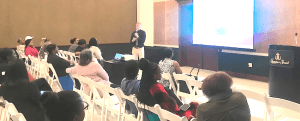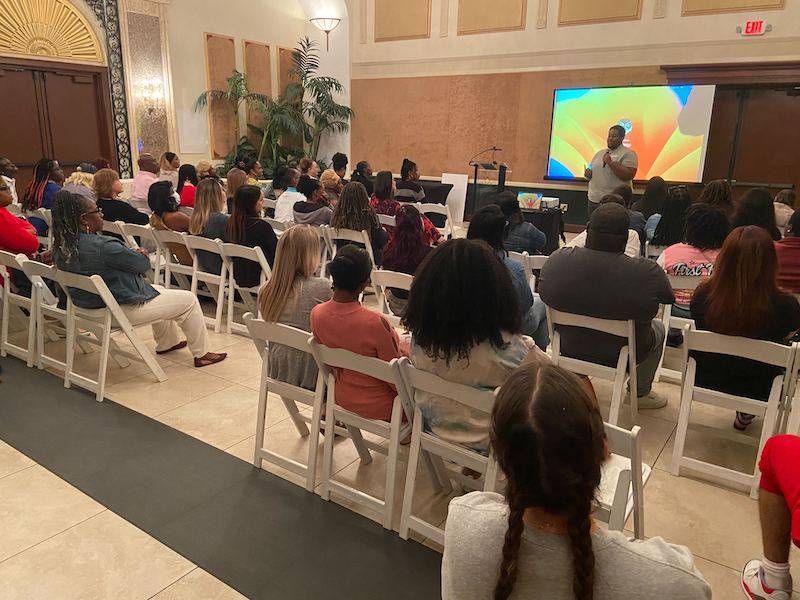When YES Institute was invited to speak at Broward County Public School’s (BCPS) Student Support & Academic Enrichment Conference, the organizers asked us to discuss masculinity and machismo in the classrooms.
At the conference, every participant was invited to reflect on their own values and upbringing. One teacher voiced that he believed boys of this generation are weak and stated that boys should not cry. This teacher shared that he was raised with the sentiment of masculinity looking a certain way. And he felt some of the traditional aspects are being lost, such as males’ leadership in the decision-making process and finds that his peers, other teachers, are not asking male students how they can make good decisions.
Another teacher shared what he did when a student complained about his inability to take a test. The student was upset because the girl who had just broken up with was nearby and that was upsetting him. The teacher wanted the student to “man up.” Joseph, YES Institute’s Executive Director, shared that the teacher was able to find a way to encourage the student to take the test and re-contextualized being vulnerable along with being courageous.
“Wonderful open discussion, I learned a great deal about myself.” – BCPS Teacher
As participants continued to reflect on their own experiences, one teacher shared that women who are raising young boys find themselves without guidance on how they can raise boys to become men. One mother shared about her son, who is currently 50 years old. When she was younger her son wanted to help put curlers in her hair and she said, “no, go help somewhere else,” because she was afraid he might be gay. Joseph asked what would have happened if her son, who now has a daughter of his own, was able to put curlers in his mom’s hair as a bonding experience. This BCPS teacher reflected on the importance of allowing boys to learn everything in life without any attachment to a fear of them being gay. 
“This presentation was great at turning stereotypes around and reflecting on the roles that we play in young boy’s lives.” – Teacher
One of the teachers shared that she was raised with her brothers taking out the trash and all the girls doing the dishes. A couple of participants in attendance commented that they were taught growing up how to change the oil in a car, and do chores so as to be independent and not rely on anyone else.
The conversation moved into the roles that teachers ask young boys to take on in the classrooms and how gendered these roles can be. Many opened up that they’ve noticed a significant increase with boys being angry and isolated. One teacher shared that there’s an incredible need for a safe space for boys to share about their experiences. The main emotion that teachers see in young men is ANGER; they’re finding boys to be shut down and isolated. This sentiment was shared among more than 130 teachers of all grade levels.
“I learned to stay open with my students. And to listen more when they are speaking.” – Teacher
TJ, YES Institute’s Education & Inclusion Specialist, shared his story as an openly out Black Transgender man. TJ vocalized the ways in which stereotypes of Black masculinity were associated with hyper violent behaviors and he was empowered to be a healthy gentleman in his own discovery of self. TJ also discussed these topics and others in a podcast, “Genuine Kontent,” on the episode, “Do the Clothes Make the Man?”. The podcast takes a deep dive into recent mainstream conversations around famous Black men and the questions of their masculinity based on their outfits.
With everything teachers and schools have going on, YES Institute provides dialogues on masculinity, bullying behaviors, and more. Explore our courses and follow us on Instagram, Facebook, LinkedIn, and YouTube for the latest.
YES Institute has launched our first of a series of podcasts that explores gender and orientation through in-depth inquiry and authentic conversations. The first episode unpacks masculinity, the expectations of gender, and the development of one’s own sense of masculinity. Check out our first podcast on Masculinity: SoundCloud, YouTube, RSS.com.

